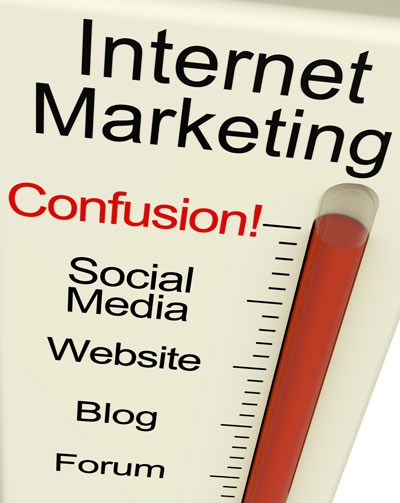In 2013, we—like many businesses that relied on online marketing—got slammed by the Penguin and Panda updates. Our web site traffic got slashed to 25% of what it had been for the previous two years. At that time, I realized that I had to do something to turn things around and re-energize our digital marketing efforts. Thus began my journey into SEO.

The problem? Lack of results. The beauty of digital marketing is its measurability. As month after month passed with minimal to no relevant results to point to the writing was on the wall. This online marketing approach just wasn’t working.
We were relying on a “build it and they will come” big content strategy, with smallish content. Big content may work if you have a major brand and a five person PR department, but for a small business (my whole team is six people), it’s just not very realistic. Content that sits in a lonely corner of the internet isn’t big or small; it simply doesn’t exist! I came to realize: SEO is dead.
SEO is not a marketing tactic. It is just listing yourself on the Internet in a manner in which you can be found by the most relevant keywords and terms. SEO will get you in the phone book, but it’s not going to get anyone to pick up the phone.
So, if SEO isn’t the answer, what is? Good old-fashioned PR, with a twist—what works these days is amped up PR, a combination of traditional and new media methods of getting your name out there via various channels, including social media, to build reputation. It’s a strategy that is being quickly adopted by the masses—one that goes by various names including “digital marketing”, “content marketing” and “brand journalism.”
The bottom line: focusing on quality information that provides value to your audience. Nothing really rocket science about this. Nothing really magical. Just good old strategic communications repackaged for the 21st century.
We fired our SEO company and we created a digital marketing strategy that’s high on content and low on new-age lingo. And, we’re seeing results. We’ve seen our organic web traffic and sales increase slightly. We’re delivering valuable content to our current clients and reaching an entirely new audience. We’re still a far way from where we want to be, both in organic search rankings and sales goals, but after years of praying to the SEO world to save us, we finally feel like we’re getting somewhere.
How about you? Are you still chasing the numbers that SEO gurus continue to promise they can deliver? Or have you shifted your strategy? We’d love to hear your stories related to online marketing!
